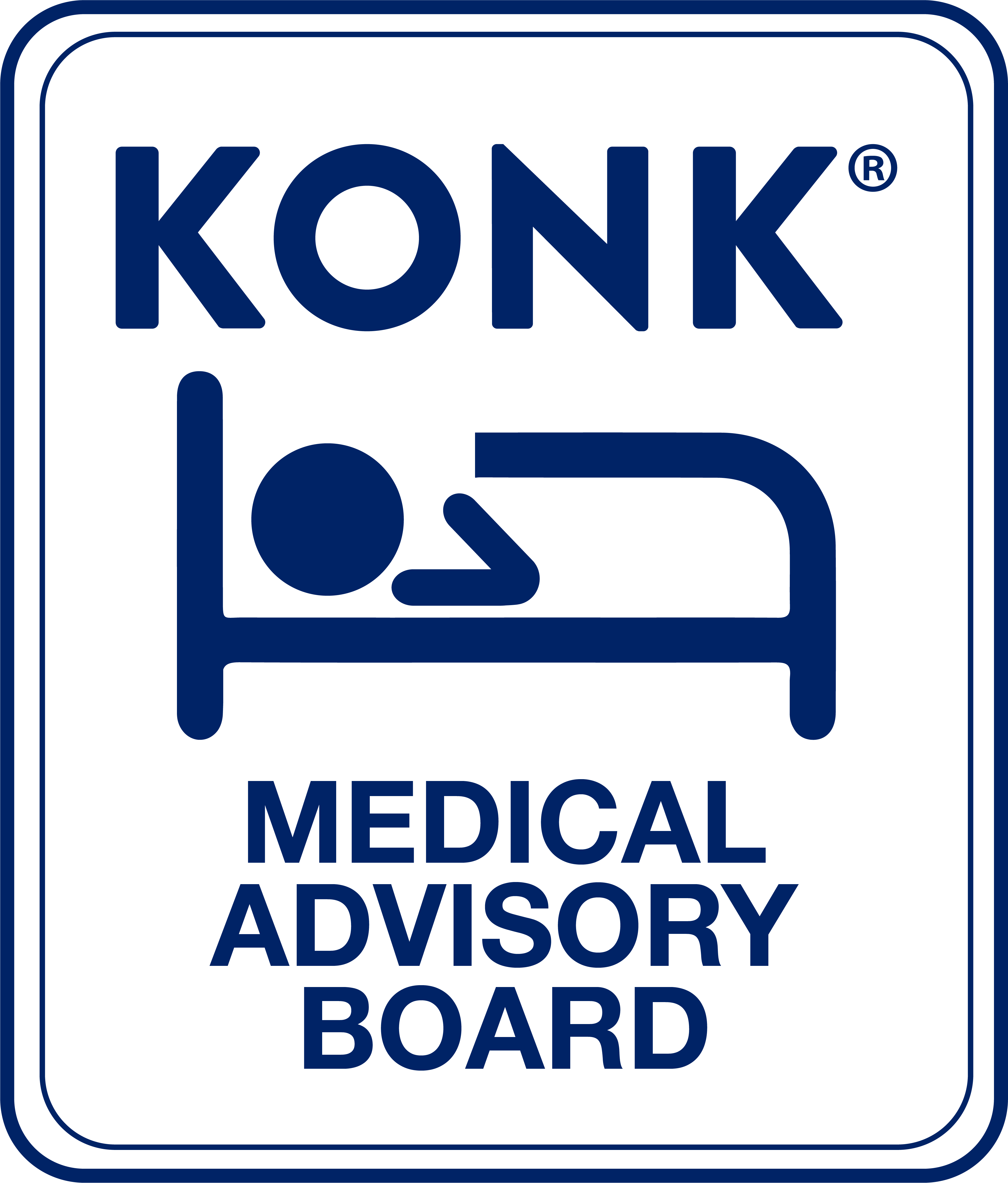Whether you are a specialist or a general practitioner, there is a good chance that the medical problems you treat are themselves useful screening criteria for seemingly unrelated disease conditions that require prompt attention. Perhaps no aspect of clinical medicine correlates with this axiom greater than sleep disorders: the health issues that non-sleep specialists treat are often strong positive indicators of Obstructive Sleep Apnea (OSA) – a condition whose long term impact and associated morbidity is often more serious than the complaint for which the patient arrives. As a result, if we keep our eyes open for conditions associated with sleep disorders, we all have the opportunity to help our patients not just once, but twice.
Consider the high rates of erectile dysfunction and kidney stones found in patients with OSA: A thoughtful urologist who has referral access to a user-friendly sleep service has the opportunity to relieve tremendous suffering in the patients with these diseases – but could also save the life of an undetected sleep apnea patient whose very presence in the urologist’s office may be a sign of the increased mortality risk from heart attacks, stroke and car accidents that arise from OSA. Though sleep apnea is not generally considered the purview of a urologist, there is no reason it could not be – especially if that urologist has the option of referring the patient to a web-based virtual platform that gets the patient treated in days, and almost immediately reduces the risk of potentially fatal disease.
The same goes for a psychiatrist who sees a male over 40 with new onset depression; a gynecologist who sees a fatigued woman in menopause; or a cardiologist who treats atrial fibrillation: They can each help the patients for the issues that bring them to the office, but they could help them again – and just as meaningfully – with a simple referral to an accessible consultation for sleep apnea, which is associated with each of these conditions.
With that in mind, what follows is a list of issues customized for a clinical psychiatrist, each of which should prompt the expedient evaluation of the patient for OSA.
Depression. Depressive symptoms like low energy, anhedonia, and irritability overlap with those of OSA, and so the “depression” might resolve if the OSA is treated. There is a physiologic basis for this: decreased brain perfusion and low oxygen tension during apneic episodes can result in altered synapse connections, hyperpermeability of the blood-brain barrier, and cerebral small vessel disease – all of which could either initiate or amplify depression.
Anxiety. The mechanism by which OSA might initiate or amplify anxiety is the same as if found with depression. It is notable, however, that the severity of OSA does not necessarily correlate to the report of daytime sleepiness – but the severity of OSA does in fact correlate with the degree of anxiety it produces. Do not limit your screening questions to those of daytime fatigue: include questions about snoring and breathing disturbances, and perhaps alarm notifications from consumer wearable devices – or refer the patient to an accessible OSA platform.
Adult ADHD. The connection between inattentive and impulsive symptoms in children and OSA is well documented – and when established can obviate the need for medical therapy, if the OSA is addressed. But the connection persists, or even newly develops, through adulthood: about a third of adults with ADHD have OSA, and for most of them the management will be quite different than in children (positive airway pressure therapy [PAP] in adults is more likely to succeed than tonsillectomy and adenoidectomy, which is effective for children but rarely succeeds as monotherapy in adults). The titration of PAP is a much shorter process than the titration of stimulant or non-stimulant medications for ADHD – and like ADHD, straightforward OSA can usually be diagnosed with logical questionnaires.
Cognitive Impairment and Early Dementia. There is increasing evidence that Alzheimer’s Disease is linked to OSA, and that positive airway pressure therapy can slow the patient’s clinical decline. As mentioned, OSA has well documented effects on attention and focus. Patients with signs of dementia or psychosis should be evaluated through certified sleep laboratories, as the complexity of their cognitive issues warrant investigations that are more comprehensive than home-based diagnostic care.
Alcohol Use Disorder. The inhibitory effects of alcohol produce airway collapse, which is the most common inciting factor in sleep apnea. Even if OSA is appropriately addressed, these patients need to cede their alcohol consumption. The concomitant use of opioids, benzodiazepines, and hypnotics warrants expert behavioral health care, and sleep disturbances in these contexts should be evaluated in a sleep laboratory.
All doctors, particularly specialists, should be cognizant of our tendency to see clinical presentations through the prism of our specialty training. Sleep is such an important pillar of health that all of us should consider its disturbance as a possible “upstream” cause of the medical problems we routinely and expertly handle.
If any of these clinical conditions are commonly present in your practice, it’s worth considering the possibility of Obstructive Sleep Apnea (OSA) as their cause. Untreated OSA can have serious health implications, but the good news is that effective treatments are available. Refer your patients to Konk Sleep to explore their options and take the first step toward better sleep and improved health, all without leaving their homes.

